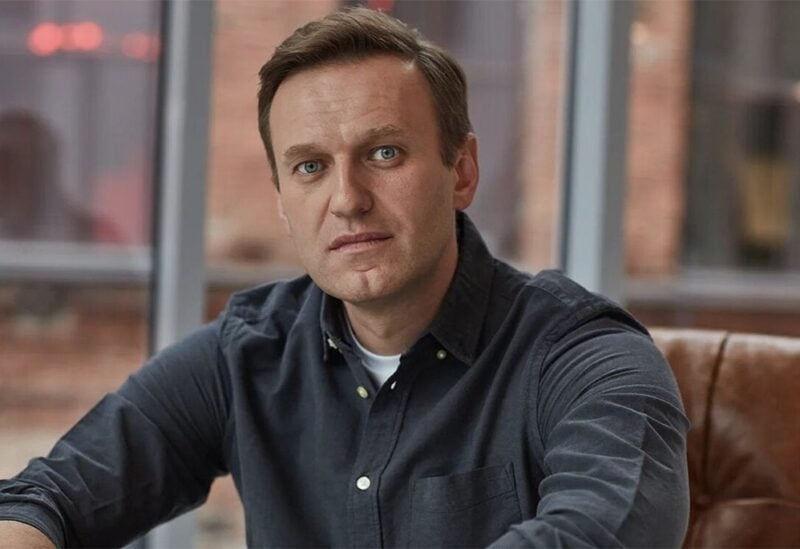
Kremlin critic Alexei Navalny
A Russian court declared organizations linked to jailed Kremlin critic Alexei Navalny “extremist” on Wednesday, effectively barring his allies from voting and further straining US-Russia ties ahead of a widely watched summit.
The fate of Navalny and the crackdown on his movement are likely to be on the agenda when President Vladimir Putin and US President Joe Biden meet in Geneva next week.
The court decision was “especially worrisome,” according to the State Department, which has pushed Moscow to release Navalny. According to the Kremlin, the situation is entirely domestic and has nothing to do with Biden. It has depicted Navalny as a US-backed troublemaker, which Navalny denies.
The ruling, which is the latest chapter in a long-running crackdown on Putin’s most vocal domestic foe, is the final nail in the coffin for Navalny’s extensive political network, which he built up over many years in an attempt to threaten the veteran Russian leader’s grip on power.
Putin, 68, has been in power as either president or prime minister since 1999. Navalny, in jail for parole violations related to an embezzlement case he says was trumped up, had mounted a bold challenge to Putin via street protests and graft investigations which he had hoped would bring about a change of leadership.
The lawsuit against Navalny’s network was brought by the office of Moscow’s chief prosecutor, who accused Navalny and his associates of attempting to foment a revolution by destabilizing Russia’s socio-political situation through their activities.
On Wednesday, a spokesman for the Moscow prosecutor’s office told reporters that he was pleased with the ruling, which acknowledged that Navalny’s supporters had staged illegal street gatherings that resulted in widespread violence.
After a 12.5 hour legal hearing behind closed doors, Navalny’s lawyers said in a statement they would appeal and that the evidence presented by prosecutors had not been satisfactory.
The legal offensive mirrors ones waged in the past against far-right groups, Islamist organisations and the Jehovah’s Witnesses which were also declared “extremist” by courts and banned.
Navalny and his allies denied the prosecutor’s allegations, casting them as an attempt to try to crush their political opposition to the ruling United Russia party ahead of parliamentary elections in September.
In a message posted on Navalny’s Instagram account apparently drafted in anticipation of what was a widely expected ruling, Navalny was cited as urging his supporters to not be disheartened.
“We’re not going anywhere,” the message read.
“We’ll digest this, sort things out, change, and evolve. We’ll adapt. We won’t step back from our aims and ideas. This is our country and we do not have another one.”
The prosecutor’s request formally ends the activity of a network of groups set up by Navalny, 45, who is serving a 2-1/2 year jail term, something many Western countries have portrayed as politically-motivated revenge for his anti-Kremlin political activities.
Specifically, the ruling targets Navalny’s Anti-Corruption Foundation which has produced high-profile investigations into alleged official corruption, and Navalny’s regional campaign headquarters which have mobilized in the past to organize anti-Kremlin protests.
If activists continue their efforts, the authorities now have the legal authority to imprison them and freeze their bank accounts. Even before the ruling, Navalny’s friends had suspended the groups because of the case.
Putin passed laws last week prohibiting members of “extremist” organizations from seeking for government in the run-up to the judgement.
The new regulation, when combined with Wednesday’s verdict, effectively puts a stop to certain Navalny allies’ dreams of running for parliament.
They claim they will instead try to erode support for the pro-Kremlin ruling party through a smart or tactical voting approach, which Kremlin sources dismiss.